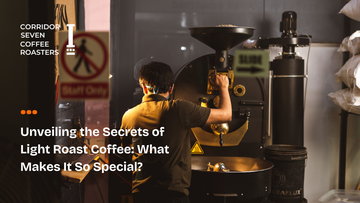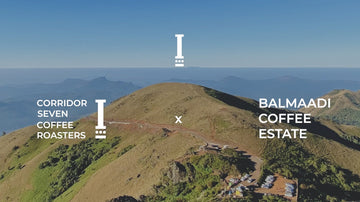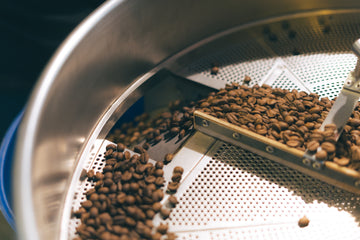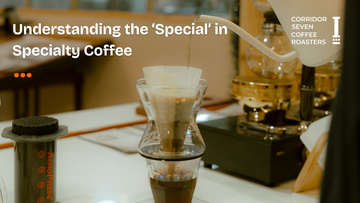
Coffee—the magical elixir that turns zombies into functioning humans. But, let's face it, not all coffee is created equal. Some are like Picasso masterpieces and some give DIY comfort. One will do the job, but the other will make you wonder how you ever lived without it! Specialty coffee is like the secret ingredient in your favorite recipe—it takes things from meh to mesmerizing. Whether you are a coffee novice or a caffeine master, get ready to geek out with us over the wonderful world of specialty coffee. We will spill some beans (pun intended) on what makes specialty coffee so ridiculously amazing!
It all started in 1974 when Erna Knutsen, first coined the term and came to be known as the 'godmother of specialty coffee', and one of the founders of the Specialty Coffee Association, America. So, what is special about Specialty coffee? It's not just about the beans; it's about the whole shebang—how they’re grown, roasted, and brewed. It’s like finding a hidden gem in a thrift store—unexpected and worth it. So, get ready to dive into the wonderful world of specialty coffee. Trust me, your taste buds will thank you.
How is specialty coffee different from regular coffee?
Regular coffee is like that old, reliable friend who's always there, and you know their jokes by heart. It's easy, quick, and gets the job done. You toss some grounds in a filter, add hot water, and voila! Coffee. But it's like eating plain toast (no offense to plain toast lovers) – sure, it fills you up, but it's missing that something.
That something is a concoction that is precise, delicate, and utterly Instagrammable. Carefully sourced specialty coffee beans, ground to perfection, roasted, and brewed with a million different methods. It’s like making a soufflé—it’s a bit fussy, but the result is pure magic. It’s like discovering a hidden talent; you never knew coffee could be so complex and delicious!
Origin of Specialty coffee beans
Ever been to a coffee shop where the barista asks if you want a single origin coffee or a coffee blend, and you nod wisely, hoping they don't notice you have no idea what that means? You're not alone! Specialty coffee takes beans from specific regions, like a coffee pilgrimage. It’s like traveling the world in a cup—one day you’re in Colombia, the next, Ethiopia. However, Indian coffee beans are primarily sourced from the Arabica plant, a species of coffee known for its unique flavor profile.
Understanding what specialty coffee tastes like:
The coffee flavor profile of a specialty coffee, often summarized on the packaging, is essentially a snapshot of its most distinctive qualities. Every cup of coffee, no matter how ordinary or exceptional, has its unique flavor fingerprint. However, specialty coffee truly shines a spotlight on taste. One sip and you're tasting notes of sweet caramel, fruity berries, or even a hint of chocolate. Picture this—biting into a juicy strawberry while munching on dark chocolate—that’s what a good cup of specialty coffee feels like. For example, Indian Arabica coffee is known for its balanced taste. It has a refreshing tanginess without being overly sour, a rich and satisfying mouthfeel, and a lingering, impactful finish. Often, you'll pick up earthy and woody undertones, giving it a spicy kick. Sweet notes of caramel and chocolate frequently round out the flavor profile.
How different roasting techniques enhance the flavor of coffee:
Roasting is the crowning touch in a coffee's transformation from farm to cup. Before roasting, the raw beans, called coffee green beans because of their color, are like raw materials awaiting fine craftsmanship. The coffee's flavors and aromas are unlocked through roasting, and it becomes ready to brew. Roasting is a delicate dance between art and science, essential for crafting the perfect cup. When we talk about coffee being a light, medium, or dark roast, we're discussing how different roasting techniques enhance the flavor of coffee. This roasting level changes the color of the beans, thanks to the sugars inside them turning into caramel as they’re heated. So, if your coffee is dark, it’s because those sugars have caramelized a lot more during roasting. In simple terms, the deeper the roast, the more those beans have gone through a caramelizing process. There's a whole world of varying taste profiles waiting to be explored.
So, are you ready to get cozy with the perfect cup? Let's get this specialty coffee affair started!


